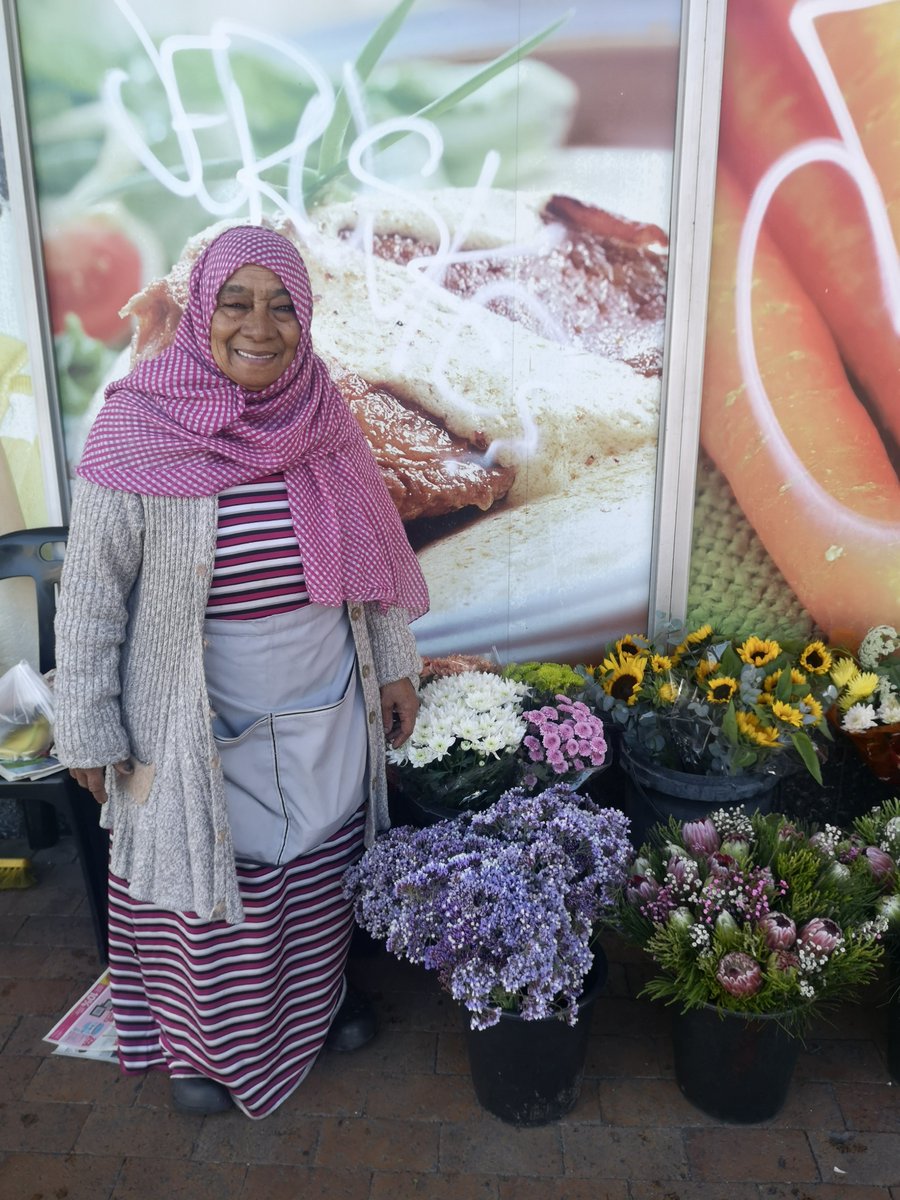
The South African Council on Sports (SACOS) was founded on 17 March 1973. It fought for non-racial sport under the leadership of Hassan Howa and lobbied for apartheid South Africa's expulsion from international sport. (1/5) 

Hassan Howa was born in 1922 in Cape Town to a Christian Coloured mother and a Muslim Indian father. He matriculated from Trafalgar High School. He was an amateur cricketer and was a founder of the SA Cricket Board of Control (SACBOC). (2/5)
#AColouredTapestry
#AColouredTapestry

In 1968, South Africa refused to host a British cricket team that included Basil D'Oliveira. Through SACBOC, Hassan galvanized the support of organizations internationally to ensure that the Springboks were banned from international cricket. (3/5) 

Hassan wanted all apartheid sport to be isolated. He helped to establish an over-arching sports body to pursue non-racial sport. He was president of SACOS from 1974 to 1981. The SACOS slogan: “No normal sport in an abnormal society.” (4/5) 

Hassan Howa passed away in 1992. He was honoured with the Order of Ikhamanga in silver in 2004 and an honorary doctorate from the University of the Western Cape in 2013. (5/5)
• • •
Missing some Tweet in this thread? You can try to
force a refresh








